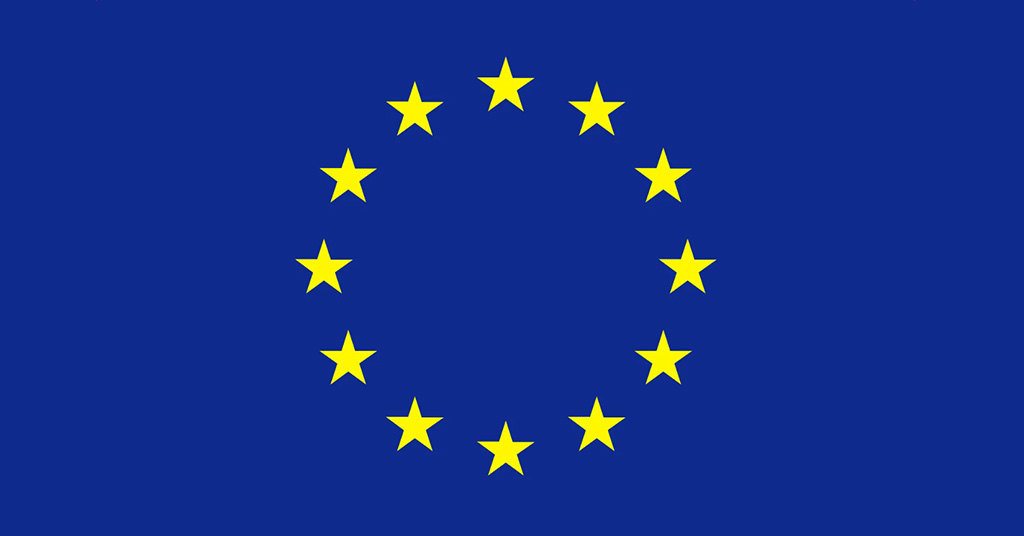Welcome To ChemAnalyst

On September 14th, the European Commission made a significant announcement regarding the implementation of retrospective surveillance measures on ethanol imports from several countries, including the United States. These surveillance measures are set to remain in effect for a duration of three years.
This development arises from a noteworthy surge in ethanol imports, a phenomenon that has caught the attention of the European authorities. In official information published in the Official Journal of the European Union, it is elucidated that the influx of fuel ethanol imports has exhibited a substantial increase in recent times. Indeed, imports of ethanol for various purposes from all origins collectively escalated by nearly 80 percent between the years 2021 and 2022. In particular, fuel ethanol imports experienced a remarkable uptick of 45 percent in 2022 when compared to the preceding year. Among the primary suppliers of ethanol to the European Union, the leading contributors include Brazil, the United States, the United Kingdom, and Peru.
The European Commission asserts that the European Union's market for fuel ethanol has become an appealing destination for imports due to its relatively high prices. In fact, the Commission's estimates indicate that import prices from countries such as Brazil and the United States are more than 15 percent lower than prices within the European Union.
This surge in fuel ethanol imports has unfolded in tandem with a notable decline in the market share held by the EU's ethanol industry. The European Commission has noted a concerning trend where the ratio of ethanol imports, when contrasted with EU production, escalated from 21 percent in 2021 to a significant 39 percent in 2022. This trend has been accompanied by various indicators of industry stress and challenges. A survey conducted among EU ethanol producers has revealed multiple distressing metrics: capacity utilization has dwindled by 9 percent, union sales volumes have declined by 6 percent, inventories have contracted by 15 percent, investments have plummeted by a substantial 44 percent, and profitability has suffered a substantial decline of 57 percent.
In response to these developments, ePURE, the European renewable ethanol association, has expressed its support for the European Commission's proactive measures. David Carpintero, the Director General of ePURE, emphasized the strategic importance of the EU renewable ethanol sector. He highlighted its pivotal role in addressing climate change, reducing the reliance on fossil fuels within the transportation sector, enhancing energy independence, and fortifying food and feed security.
Carpintero commended the European Commission's actions, characterizing them as reassuring news for the sector. He emphasized that the monthly monitoring initiatives will provide valuable statistical insights into the volumes of fuel ethanol imports, thereby enabling the European Union to swiftly respond to any potential threats that could inflict severe harm on the EU industry.
He underlined the significance of surveillance as an initial step to gather crucial information and monitor the evolving landscape of ethanol imports. Carpintero also conveyed the unwavering readiness of the EU renewable ethanol industry to take action aimed at averting further harm and safeguarding the sector, along with the associated jobs that are integral to it, throughout the European Union.
We use cookies to deliver the best possible experience on our website. To learn more, visit our Privacy Policy. By continuing to use this site or by closing this box, you consent to our use of cookies. More info.
